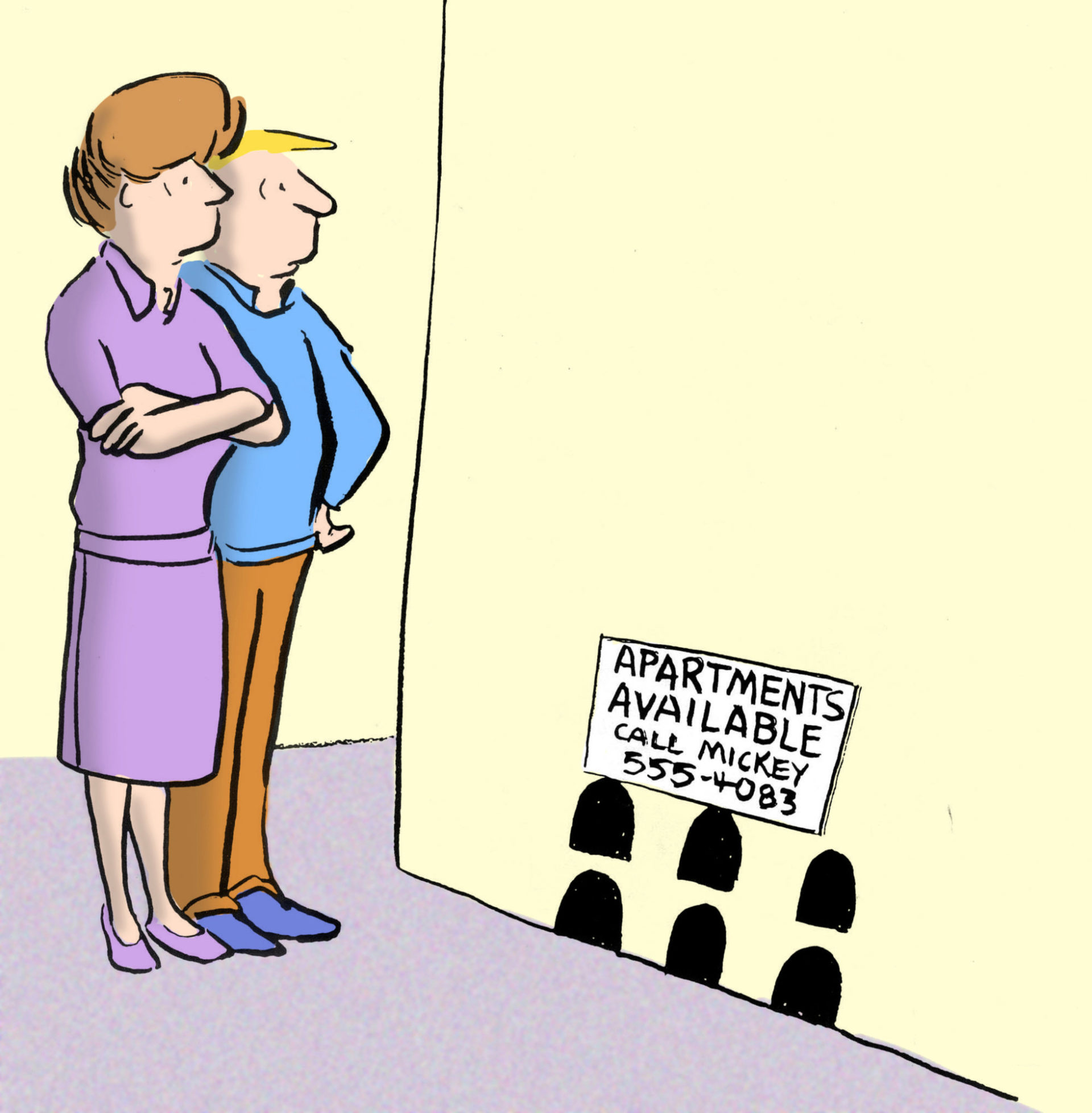Table of Contents Show
Everyone knows how expensive real estate is in New York City. So when finding a property priced shockingly low, your reaction might be that you’ve found the holy grail! But while good deals do exist, there’s a fine line between a bargain and a lemon. There’s always a reason a property might be priced super low; if you want to avoid ending up with a bad deal, you need to find out what that reason is. Read on to see if the deal is too good to be true. Watch for these warning signs as you search for a home.
It Came from a Questionable SourceIt Came from a Questionable Source
If you’re an investor, you’re probably used to keeping your ears to the ground for any good deals. If you’ve been in the game long enough, you’ll also know the importance of evaluating every deal before buying. Did someone other than your real estate agent bring it to your attention? If so, are they credible sources? Do they have a reputation for identifying promising opportunities that turn out well? Or are they more known for picking bad ones that crumble upon further inspection?
You must be sure your source is credible before getting too far into a deal. Ask yourself their motives and what they stand to get out of the deal for themselves. This should be the first place you start when evaluating any opportunity that doesn’t come directly from your buyer’s agent.
The Listing Price is Far too Low.The Listing Price is Far too Low.
A property’s listing price depends on the market, the seller, and perceived value. If you find a property well below the market price for a similar property, there’s probably something impacting its value. No seller in their right mind would let a property go for less than its worth unless they had an excellent reason. It does happen that a property can be priced below the market rate if the seller is in a hurry to sell. For instance, they could be relocating to a different city or going through a divorce. But that usually only happens after some heavy negotiating, and the price reduction is rarely more than 2-5%.
If you find a property priced super low at 10-20% below market value, it almost certainly has some major quality issues. It may need extensive renovations and repairs. There could be zoning issues, higher property tax bills, and common charges or maintenance costs from which the seller is trying to run. It’s a rule of real estate that you should always get a home inspection before buying; this becomes doubly so if a property is priced far lower than it should be. Suppose you’re looking for a fixer-upper; factor in all the labor, materials, and time costs before considering the offer further.
The Property Has a Questionable HistoryThe Property Has a Questionable History
If the home inspector finds issues but not enough to justify the price the sellers are asking for, it’s time to start looking into the property’s history. Numbers don’t lie, and you can typically find the problem in a property that’s priced too low after reviewing all documentation with the property’s financial and ownership history. If the sellers don’t provide this information, have your buyer’s agent, and real estate attorney do some digging. A long history of expensive repairs is a clear red flag that the property has issues. It’s also worth collecting information on a property’s former inhabitants. Few people want to live in a building where a crime was committed. Even if that’s something you don’t mind, many people would still mean it, making it hard to resell in the future.
Your attorney will do a title search if you feel concerned about a property’s ownership or possible liens. A standard practice as part of the due diligence period before a contract is signed. The bottom line is that you need to find out why the property is priced the way it is. A property with a high ownership turnover and has spent too many days on the market probably has a skeleton or two in the closet.
The Seller or Agent is Acting SketchyThe Seller or Agent is Acting Sketchy
Always keep your inspection contingency. Any sketchy activity should be considered a red flag, whether a lack of paperwork from the sellers or undue pressure from the agent. You’ll often see this with fixer-uppers; inexperienced investors feel pressure to sign without proper due diligence. Be wary of any attempt by the seller to offer an incentive in exchange for wavering the home inspection contingency. There is absolutely no reason for this unless they have something to hide. It’s your only leverage to get out of the deal or negotiate a lower price if you later discover defects.
It goes for all paperwork to do with the property. If there’s ever been major structural or electrical work, ask to see the building permits. Should the seller not provide them or areas are missing, it may not have been done to code and might even be unsafe. If something is missing or doesn’t add up, the seller may be trying to hide something.
There are Problems with the NeighborhoodThere are Problems with the Neighborhood
So, the property is in fair condition, and all the paperwork is in order. Thus why the low price? Looking at the neighborhood and surrounding area might be a good idea. A lower listing price on an otherwise fine property is usually compensation for specific problems in the neighborhood. It could be minor inconveniences like a lack of services and public transport. Or it could be more troubling issues like a high crime rate or being located in a high-risk flood zone. The latter will mean high insurance costs and difficulty reselling. These should be factored into the final costs when deciding whether or not a deal is worth it.
Do what research you can on the neighborhood online. A not-so-great neighborhood could mean subpar appreciation if looking for an investment property. If you need more intel, drive around the neighborhood at different times of the day and week. Some areas that seem fine in the day can change dramatically for the worse once night falls. If it’s not a place you could see yourself wanting to live, then it’s doubtful you’ll find anyone else that would. Unless there are major redevelopment plans for the area that would positively impact it, probably not a good deal.
A Bad Feeling in Your GutA Bad Feeling in Your Gut
Every real estate deal involves two factors, emotions and facts. While many successful investors will tell you there’s no room for emotions in real estate, others will argue that they have a place. You have to be wary of how much power you give them. The best way to look at it is like this. Never buy a property based on a gut feeling that it’s a good investment. But you can say no to deal when your gut tells you that something’s not right. The numbers could all add up, and the due diligence reports are glowing. But if you still can’t shake an uneasy feeling, it’s probably better to let it go. Play the real estate game for long enough, and you’ll eventually develop an intuition for this.








